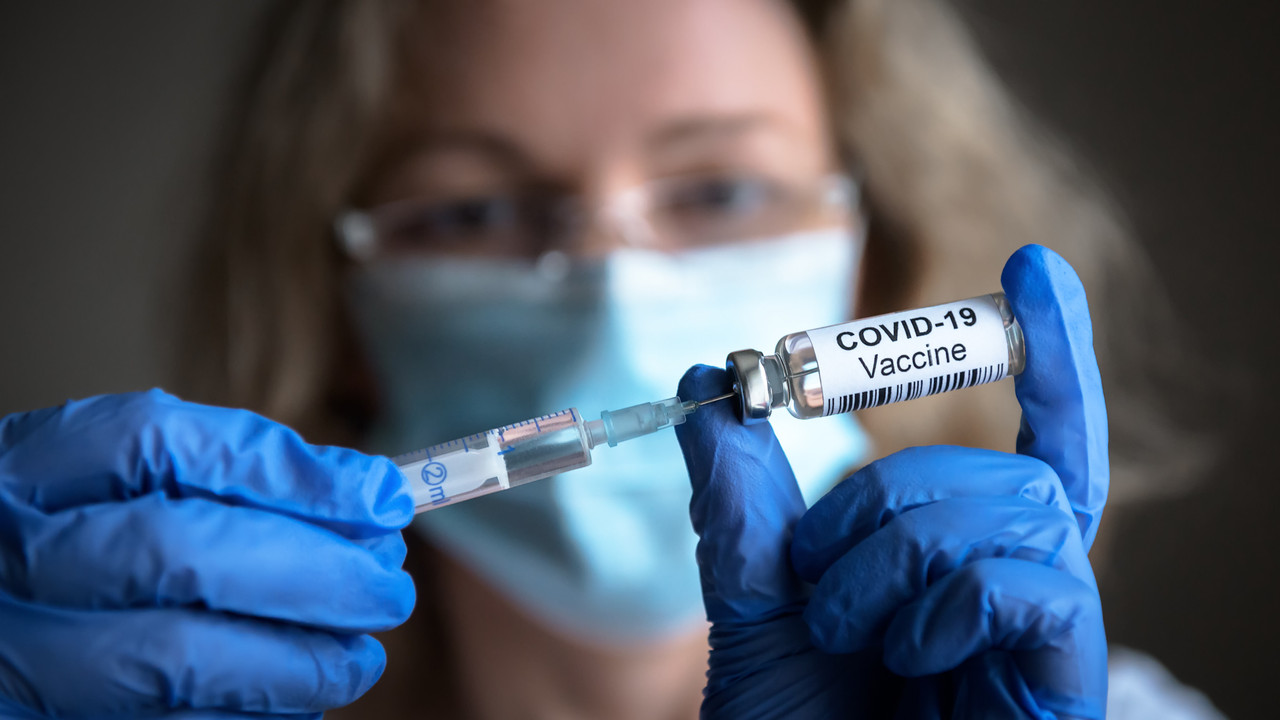The report published on 18 December covered the month of November 2021 and also provided a retrospective on vaccinations and their side effects since the beginning of the campaign in December 2020 and January 2021. Out of the 917,463 doses administered to 456,942 people in the grand duchy, only 2,016 inoculations led to mild or severe side effects.
In November, amid a highly increasing number of active infections in Luxembourg, 53 women and 23 men reported aches and pains following a shot.
Positive results for the upcoming 1st anniversary
The different vaccines authorised in the European Union are closely monitored by several national and European organisms, such as the health directorate, the regional Pharmacovigilance Centre of Nancy--who contributed to the study--and the European Medical Agency (EMA). The EMA also monitors all side effects to be able to detect even rare symptoms in the millions of Europeans who have been administered a jab.
Side effects reported to health authorities are then registered in the EudraVigilance, an EU database for pharmacovigilance.
The report, which aims to increase confidence in the vaccines, and show their safe use, suggests that even if some ailments were recorded following vaccination, they cannot necessarily be ascribed to the inoculation. Despite that, all cases are investigated.
Following these investigations, only 0.22% of vaccinations in Luxembourg led to mild or severe side effects.
Vaccination, however, has proven efficient since its introduction. Despite the apparition of the delta and variants, the decrease of immunity over time and the rising number of , the vaccine proved efficient,
Since the , booster shot invitations have been extended to the general population, with the hope that a boost--in addition to --will lighten the
Defining the severity of side effects
What differentiates a mild from a severe reaction?
Side-effects recorded that are non-serious are temporary ailments, such as “fever, chills, injection site reaction (localised rash, pain), myalgias, arthralgias, headache, digestive symptoms (nausea, vomiting, diarrhoea), mild malaise, feelings of dizziness, blood pressure problems, fatigue which may be intense for several days, adenopathy (swollen lymph nodes).” The report does explain that these are often temporary and without consequence, and show the immune system is creating antibodies.
In the case of severe symptoms, the report distinguishes four categories: medically significant, necessitating hospitalisation, life-threatening and causing death.
But even most cases recorded as medically significant are not of major consequence. Cases where people took a paid medical leave following inoculation (due to fever or flu-like aches, for instance) are automatically categorised as serious cases as a person was unable to work. These “medically significant” cases make up 297 of all 451 cases of severe side effects recorded.
In contrast, since the beginning of the campaign 125 cases led to a hospitalisation, 18 were life-threatening and 11 people died following vaccination although the causal link isn’t established. None of the instances recorded in November 2021 led to death or were life-threatening.
Over the entire year, 1,565 inoculations led to mild side effects--55 last month-- and 451 to grave ones--21 in November 2021. The latter last month included a 35-year-old man who suffered from an inflammation of the heart muscle (myocarditis), and three women between the ages of 33 and 42 who suffered from pericarditis, an inflammation of the sack that surrounds the heart. All four had received the Biontech/Pfizer vaccine, though a direct link was not likely.
A person who had been administered the Janssen vaccine developed cognitive-behavioural disturbances linked to a subacute cerebellar syndrome. Though an investigation is still ongoing, the report said the link with the vaccine was “very dubious”.
Death, pregnancy and other worries
Covid-19 vaccines leading to death or disturbing pregnancies are among fears and arguments of vaccine sceptics.
And though no new deaths with a potential link were recorded in November 2021, the report says that during mass vaccination campaigns, deaths will unavoidably be recorded, without necessarily being directly linked to the vaccine.
Among the 11 deaths recorded in the country over the year, one of the patient with the AstraZeneca vaccine.
The report also details that one of the three women who developed pericarditis last month was a 33-year-old woman who had just given birth. She had received the Pfizer/Biontech vaccine a month prior to the development of symptoms, and although the report said a link is unlikely, her case was still investigated and counted.
Pregnant women who are vaccinated are monitored closely by health authorities, with check-ups following the birth of their child. National statistics--featuring the 2,201 vaccinated pregnant women--and international numbers do suggest however that covid-19 vaccines do not have a negative impact on mother or child during or after a pregnancy.
Putting numbers in perspective
A total of 917,463 doses were administered in Luxembourg so far, slowly nearing an 80% coverage of the population. Out of these, 75% doses were from Comirnaty/Pfizer, 8.2% were Moderna/Spikevax, 12.1% AstraZeneca/Vaxzevria and 4.7% Janssen shots.
Side effects were reported in 0.22% of cases, a minimal amount. In contrast, covid-19 has led to 897 deaths in Luxembourg since the start of the pandemic in March 2020.
